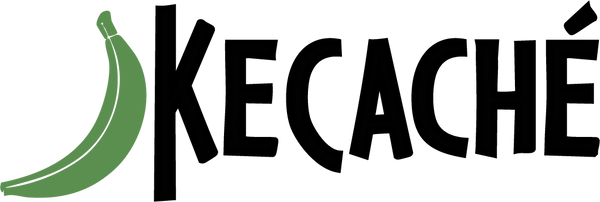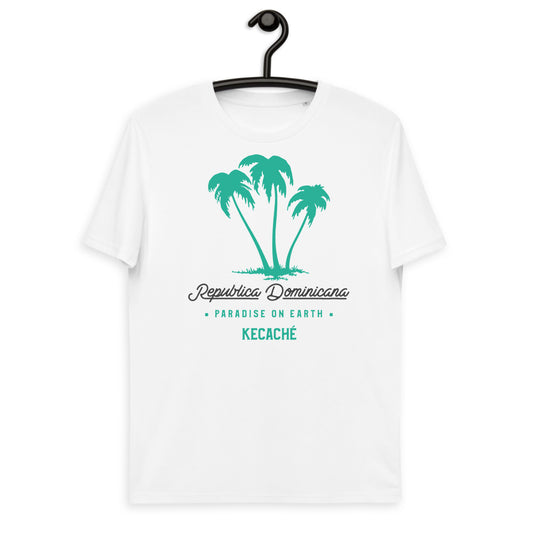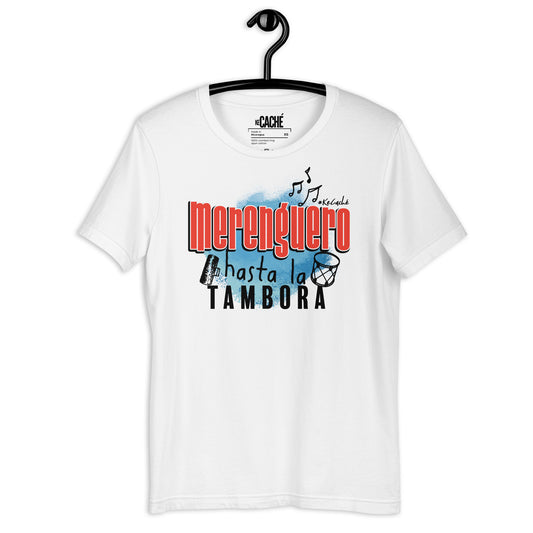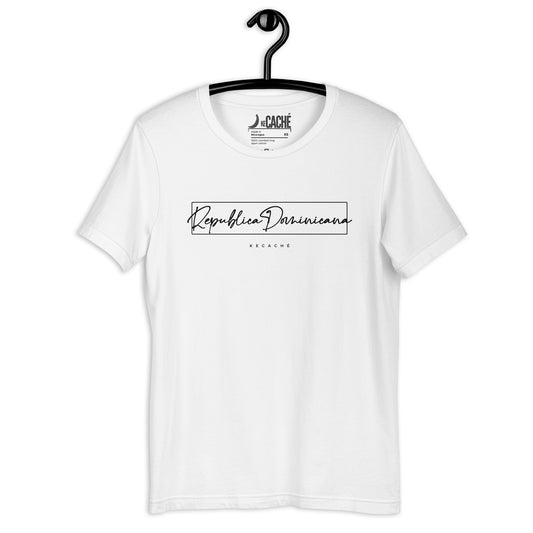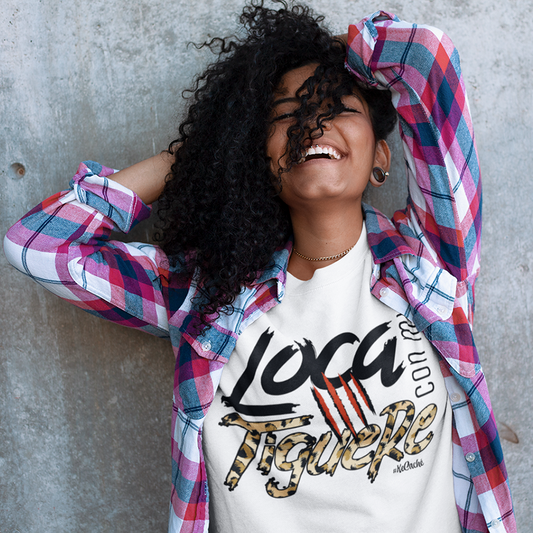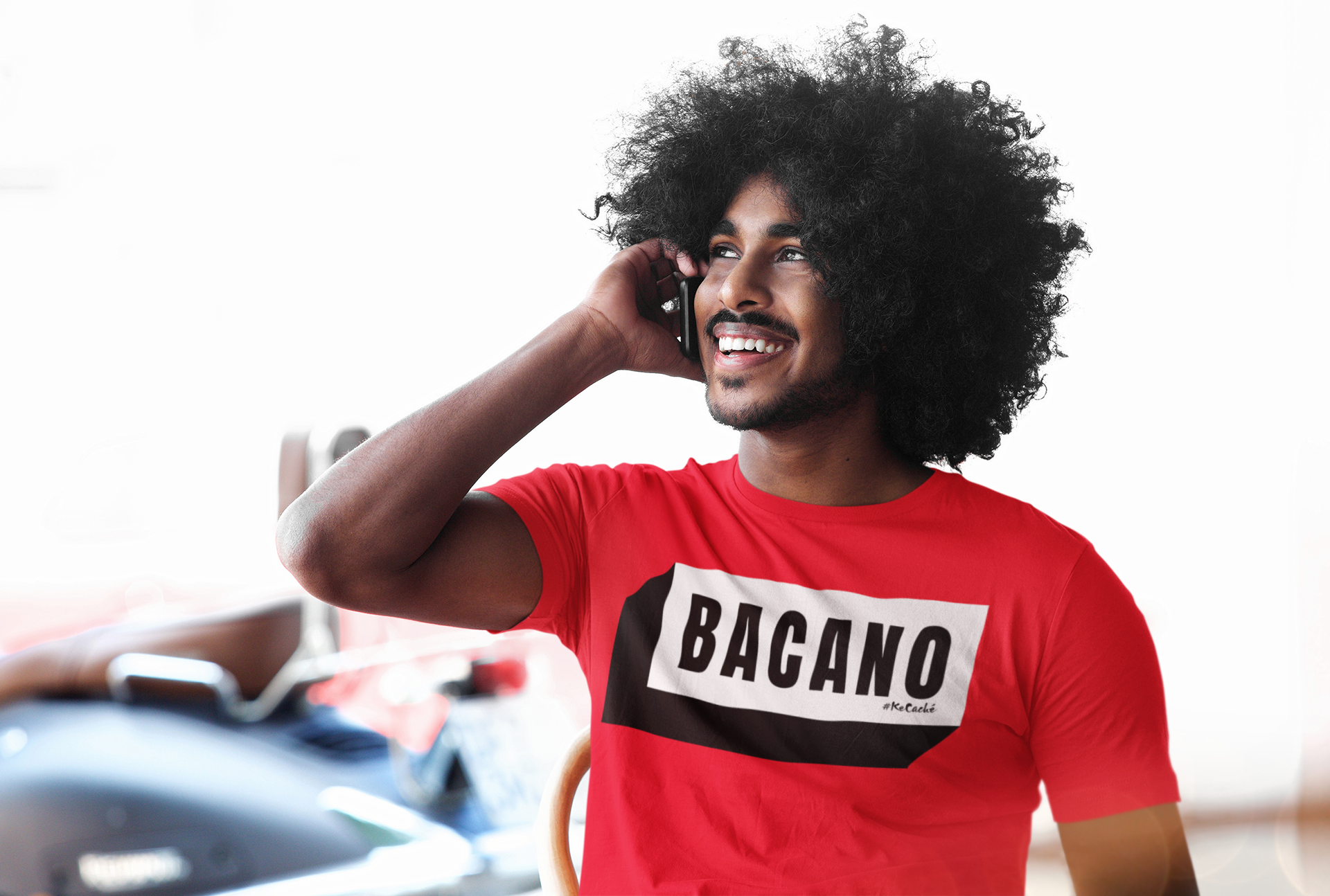
Embark on a Linguistic Journey Through the Colorful Lexicon of Dominican Slangs
Step into the lively streets of the Dominican Republic, and you'll quickly discover that language takes on a whole new dimension. Beyond the formalities of Spanish, the vibrant and rich culture of the Dominican people comes alive through their colorful array of slang words and expressions. In this blog, we'll embark on an exciting journey to explore the unique and fascinating world of Dominican slang, uncovering the hidden gems of expression that make the language of the island so captivating.
Dominican Slangs from A to Z
Agallú
Used to describe someone who is bold, daring, or audacious.
Alante
Derived from the Spanish word "adelante," it is often used to encourage someone to keep going or move forward.
Ajumao/a
"Ajumao" is a term used to describe someone who is drunk, confused, disoriented, or mentally scattered. It is derived from the Spanish word "ajumarse," which means to be bewildered or perplexed.
Arranca'o
An expression used to describe someone who is eager, enthusiastic, or motivated.
Bobo/a
This term is used to describe someone who is foolish, naïve, or easily tricked. It refers to a person who lacks common sense or is gullible.
Bregar
Bregar means to work hard, struggle, or hustle to achieve something. It embodies the Dominican spirit of resilience and perseverance in the face of challenges.
Bulto
Bulto is a term used to describe a misunderstanding or confusion between people. It refers to a situation where there is a lack of clarity or miscommunication.
Batey
Batey is a term used to describe a rural or underprivileged community, typically associated with sugarcane plantations. It refers to a specific type of settlement with its own social and cultural characteristics.
Chapiadora
A Dominican slang term used to describe a woman who employs her charm and seductive tactics to manipulate men, often with the aim of gaining financial or material benefits. This term carries a negative connotation, indicating opportunism and a lack of genuine interest or emotional connection. While not representative of all women, it refers to a specific behavior or persona prevalent in Dominican culture, highlighting individuals who use their allure to exploit others for personal gain.
Chévere - Coolness Personified
When something is impressive or awesome, Dominicans will describe it as "chévere." This versatile slang term captures the essence of coolness, embodying enthusiasm and approval. From a stunning sunset to a fantastic party, everything worth praising is "chévere."
Chin - A Little Bit
When you want just a small amount or a little bit of something, the word "chin" comes to the rescue. Whether it's a pinch of salt or a sip of coffee, this handy term helps you navigate everyday situations with ease.
Cocolo/a
Cocolo/a refers to a person of African descent, particularly someone with dark skin. It is often used to describe individuals who have African features or ancestry.
Coño
The word "coño" is a commonly used Dominican term that carries a strong emotional impact. It is an exclamation or interjection often used to express a range of emotions such as surprise, frustration, anger, emphasis, or even excitement. While it can be considered a profanity or vulgar term in some contexts, its usage in the Dominican Republic is more nuanced and can vary depending on the situation and the tone of voice. Dominicans use "coño" as a way to add intensity or emphasis to their speech, similar to how other languages use expletives. It is important to note that the appropriateness and acceptance of using "coño" can differ among individuals and settings, so it's advisable to be mindful of the audience and environment when using this word.
Cotorra
Cotorra refers to someone who talks a lot or is chatty. It is used to describe individuals who engage in lively and animated conversations.
Dar Fuete
To spank.
De pinga
De pinga is a slang phrase used to convey enthusiasm, excitement, or approval. It is similar to saying something is "awesome" or "fantastic."
Desacatao/a
Desacatao/a refers to someone who is unruly, rebellious, or defiant. It describes individuals who disregard rules or social norms and do things their own way.
De lo mío
De lo mío translates to "of mine" or "belonging to me." It is used to express a strong sense of camaraderie, loyalty, or solidarity with a particular group or community.
Dique - Skepticism with a Twist
When Dominicans express doubt or disbelief, they throw in a dash of personality with the word "dique." It adds a touch of skepticism and indicates that something is "supposedly" or "apparently" true, leaving room for playful questioning and banter.
Enchinchado/a
Enchinchado/a is used to describe someone who is upset, angry, or annoyed. It signifies being in a state of irritation or frustration.
Embalao/a
Embalao/a refers to someone who is highly energetic, enthusiastic, or eager. It describes individuals who are full of energy and ready to take action.
Estar mosca
Estar mosca means to be alert, vigilant, or cautious. It suggests being aware of one's surroundings and paying attention to what is happening.
Estar en una vaina
Estar en una vaina translates to "being in a situation." It refers to being in a predicament, problem, or difficult circumstance.
Estar en otra
Estar en otra means to be distracted, not paying attention, or mentally elsewhere. It signifies being mentally absent or preoccupied.
Enfogonao/a
Enfogonao/a describes someone who is fired up, passionate, or excited about something. It denotes a high level of enthusiasm or intensity.
Estar chivo/a
Estar chivo/a means to be cautious, on guard, or wary. It suggests being careful and alert in order to avoid potential problems or dangers.
Estar en la olla
Estar en la olla translates to "being in the pot." It is used to describe being in a difficult or challenging situation, often related to financial or personal problems.
Fiao - The Struggles of Being Broke
Money can be a touchy subject, but Dominicans face it head-on with the word "fiao." This slang term refers to being broke or financially strapped, acknowledging the universal challenges of managing finances.
Fuete
Thrilling or Exciting: In certain contexts, "fuete" can express excitement or enthusiasm. It suggests that something is thrilling or exhilarating.
Guachimán
Guachimán is the Dominican slang term for a security guard or a watchman. It is derived from the English word "watchman" and is commonly used to refer to individuals working in security roles.
Hacerse el loco
Hacerse el loco translates to "to act crazy" in English. It refers to pretending not to know or understand something, often to avoid responsibility or involvement.
Haiga
Haiga is a slang term used as a substitute for the word "haya" which means "there is" or "there are" in Spanish. It is commonly used in informal speech and text messages.
Hoygan
Hoygan is a humorous misspelling of the word "oigan," which means "listen" or "hey" in Spanish. It originated from internet culture and is used humorously to grab attention or express urgency.
Jumo - Embrace the Fiesta
In the spirit of celebration, Dominicans have their own word for being drunk or intoxicated—jumo. Whether it's a lively gathering with friends or a late-night party, embracing the fiesta and letting loose is an integral part of Dominican culture.
Tiguere/Tiguera - Street-Smart Vibes
Dominicans take pride in their street-smart demeanor, and the terms "tiguere" or "tiguera" capture this essence. Referring to someone who is clever, cunning, or street-wise, these slang words encapsulate the resourcefulness and quick thinking that Dominicans value.
Vaina
The All-Purpose Word. If there's one word that captures the essence of Dominican slangs, it's "vaina." It's an all-purpose word used to express a wide range of emotions, from surprise and frustration to enthusiasm and amazement. Depending on the context, "vaina" can mean thing, matter, problem, or even a person. It's a versatile word that Dominicans have ingeniously adopted to suit various situations in their daily lives.
Pariguayo" or "Pariguaya
The Dominican slang "pariguayo" or "pariguaya" refers to a person who lacks style, is unfashionable, or displays a lack of sophistication. It is often used to describe someone who is considered out of touch with current trends, manners, or social norms. The term can also imply a certain degree of naivety or being easily fooled. While it can carry a slightly derogatory undertone, it is mostly used in a playful or teasing manner among friends or acquaintances. It's important to note that the term "pariguayo/pariguaya" should be used with caution and respect, as it is subjective and can vary in interpretation depending on the context and individuals involved.
Qué lo que - A Casual Greeting
Forget the formalities and embrace the casual charm of "Qué lo que." This common phrase is the Dominican version of "What's up?" or "How's it going?" It's the perfect way to break the ice and strike up a friendly conversation with the locals.
Quilla/o
The Dominican slang term "quillao" is used to describe someone who is short-tempered or easily annoyed. It is derived from the Spanish word "quillarse," which means to get angry or irritated. When someone is referred to as "quillao," it suggests that they have a tendency to lose their temper quickly or have a short fuse. It implies a state of annoyance or irritation that can manifest in easily triggered outbursts or confrontations. The term is often used in a lighthearted or teasing manner among friends or acquaintances, but it can also be used more seriously to describe someone who is consistently hot-tempered. It's important to note that "quillao" is a slang term and should be used with consideration and respect for the feelings and sensitivities of others.
Wepa - A Celebration of Joy
When you hear the enthusiastic exclamation "Wepa," you know the party has begun. This versatile word is used to express excitement, happiness, and celebration. It's the Dominican way of saying "woohoo" or "yeah!"—a lively invitation to embrace the moment and let loose.
Dominican Slang T-shirt Collection
-
KeCaché "Dominican Republic Paradise on Earth" White T-Shirt - Celebrate the Tropical Haven
Regular price From $35.00 USDRegular priceUnit price / per -
KeCaché "Merenguero hasta la Tambora" Dominican T-Shirt
Regular price From $21.50 USDRegular priceUnit price / per -
KeCaché 'Dominican Republic' minimal design
Regular price From $21.00 USDRegular priceUnit price / per -
KeCaché 'Loca con mi Tiguere' T-White T-Shirt - Embrace Your Dominican Spirit with Style
Regular price $35.00 USDRegular priceUnit price / per
